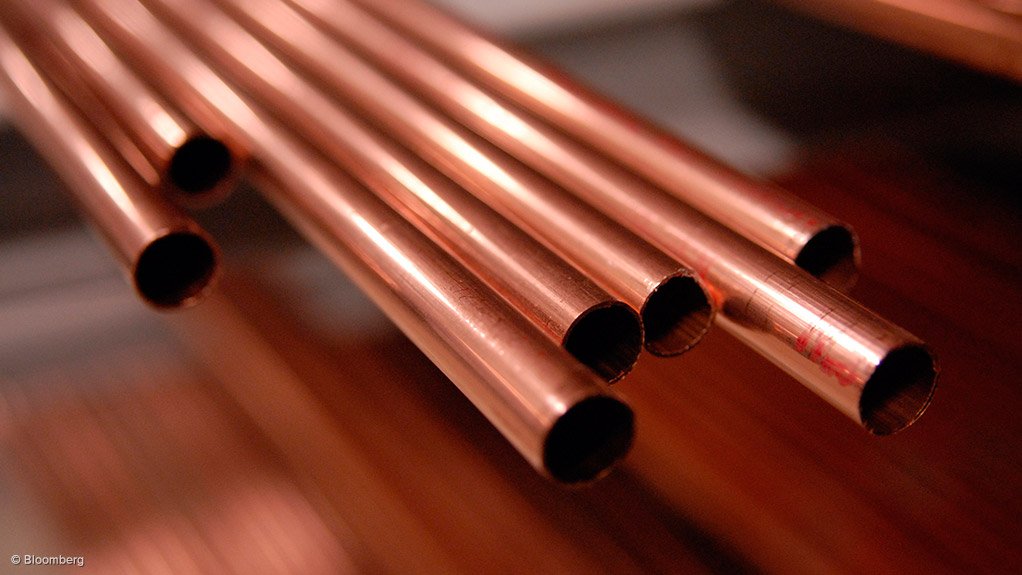3 Tips on the Types of Cement to Buy and from Where
3 Tips on the Types of Cement to Buy and from Where
When you are building a house, one of the most important things is the quality of cement. After all, it is the foundation on which you build your home. The quality and type of cement can make or break your house. Since there are so many different types of cement available in the market, it is important that you choose the right one for your projects. Cement manufacturers have started to introduce new formulations that provide benefits not found in standard cements. There are different types of cement available today with each having its own unique properties and uses. Depending upon the application and user needs, you can choose from among these options:
What is the best type of cement to buy?
The best cement to buy is the one that is right for the application. You need to consider the type of use, the amount of water in the mix, the strength requirements, and the cost of the cement. Your project requirements should dictate the type of cement you buy. For example, if you need a concrete that has good resistance to hydrostatic pressure, you would select a high-strength cement. If you are constructing a high rise building, you may need to use ultra-high performance cement with higher strength, lower water content, and excellent durability. You should also keep in mind the amount of water that is typically present in the concrete and soil at the construction site. Cement hydration is a chemical process and happens in the presence of water. If the water content in the soil and concrete mix is very high, you should consider a low-hydration cement.
What is the difference between the Dry and Wet Cement?
Cement is a mixture of minerals and other components that are added to water to make a paste. This paste is called cement. It is a critical component of the concrete mix. It sets and hardens to form a strong concrete structure. Wet cement is freshly mixed with water. As it sets, it releases carbon dioxide. Dry cement is the hardened cement that has been stored without water for a prolonged period. It is hard, but not as strong as wet cement. Wet cement is best for concrete work as it is fresh and has a high strength. But, it has a low durability. On the other hand, dry cement is best for pre-stressing and bridge construction. It is not suitable for concrete construction as it is low in strength. This is because cement hydration starts from the moment the cement is mixed with water and continues for a month or so.
Types of cement available in market
Cement manufacturers have started to introduce new formulations that provide benefits not found in standard cements. There are different types of cement available today with each having its own unique properties and uses. Depending upon the application and user needs, you can choose from among these options: – Ultra-High Performance cement: This type of cement is specially designed for constructing large buildings and airport runways. It is loaded with high amounts of calcium and silicon, which enhance its strength and durability. – High Performance cement: This type of cement is specifically formulated for pre-stressed concrete construction. It has a combination of high strength and low water content. – Standard cement: Standard cements are widely used in general construction activities. They are less expensive than more specialized cements. Standard cements have moderate amounts of calcium and silicon. – Low-Strength cement: Low-Strength cements are designed for very specific applications such as road and bridge construction in cold regions. They have less calcium and silicon, which makes them very low strength. – Ultralight cement: Ultralight cements are designed for pre-stressed applications where low strength is required. They have less calcium, silicon, and other materials that make them less durable than other types of cement.
When you should use Ultra-High Performance cement
Ultra-High Performance cement is the best cement for pre-stressing concrete beams, large buildings, and airport runways. It has high strength and low water content. That makes it the best choice when high strength and durability are needed. Ultra-High Performance cements are moderately expensive. Ultra-High Performance cements are acceptable for general construction when special high strength cements are not required. When you use Ultra-High Performance cement, you should follow these tips: – Use the right amount of cement, which is around 0.45 to 0.55 cubic yards per 100 square feet of surface area. – Use enough water to make a slurry with the cement. But, don’t add too much water. The amount of water should depend on the type of mix being used. – Add materials like fly ash, slag, or silica fume to increase the strength of the concrete.
When you should use High-Performance cement
High Performance cements are best for pre-stressing concrete beams, large buildings, and airport runways. They have high strength and low water content. High Performance cements are moderately expensive. High Performance cements are acceptable for general construction when special high strength cements are not required. When you use High Performance cement, you should follow these tips: – Use the right amount of cement, which is around 0.35 to 0.45 cubic yards per 100 square feet of surface area. – Add materials like fly ash, slag, or silica fume to increase the strength of the concrete. – Use water that is clean and has no contamination. – Avoid adding extra water to the mix. Don’t add water unless it is necessary.
When you should use Standard cement
Standard cements are widely used in general construction activities. They are less expensive than more specialized cements. Standard cements have moderate amounts of calcium and silicon. Standard cements are used when extreme strength is not needed. Standard cements are best for concrete used in highways. Standard cements are not suitable for pre-stressing construction or other applications that require high strength concrete. When you use Standard cement, you should follow these tips: – Use the right amount of cement, which is around 0.30 to 0.40 cubic yards per 100 square feet of surface area. – Use water that is clean and has no contamination. – Add fly ash, slag, or silica fume to increase the strength of the concrete.
Conclusion
Cement is the foundation of every construction project. It is important to choose the right type of cement that is best suited for the project. There are many types of cement available in the market. It is important to select the right one based on its strength and durability. When you use the best cement for construction, your project will stand the test of time.







LEAVE A COMMENT
You must be logged in to post a comment.